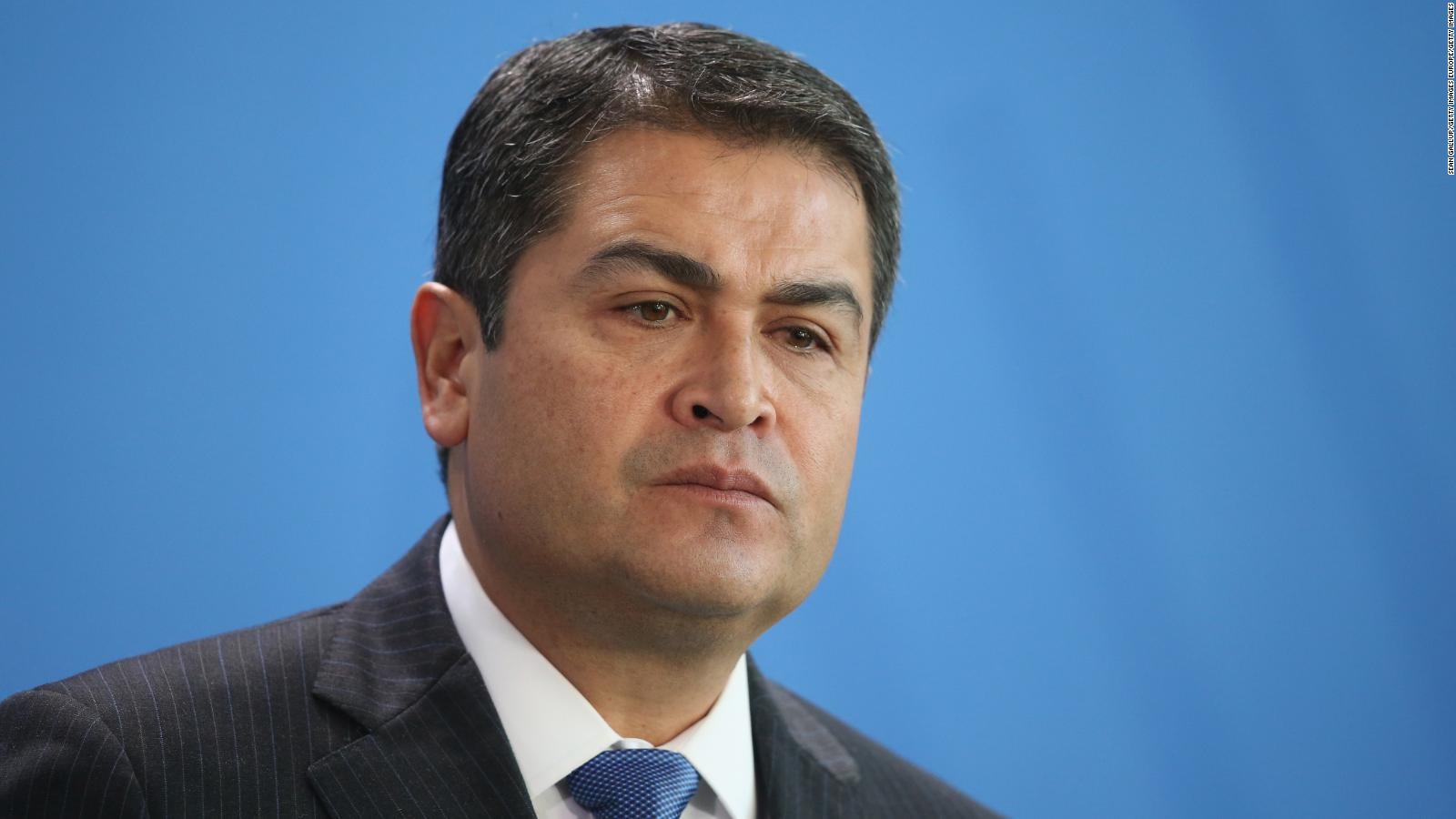RIO DE JANEIRO, BRAZIL – An indictment by the New York District Attorney’s Office against the former Honduran police chief, Juan Carlos “El Tigre” Bonilla Valladares, on charges of conspiracy to commit drug trafficking, murder and illegal possession of firearms could further place the Honduran President, Juan Orlando Hernández, in a difficult position.

In October 2019, his brother, Juan Antonio “Tony” Hernández, had already been convicted by a New York court for years of collaboration with drug cartels. Even the President himself, called “co-conspirator 4” according to reports from the US Department of Justice during the trial, had received several million US dollars in campaign aid from drug trafficking.
Bonilla, on the other hand, is said to have used his position as a high-ranking police officer to secure cocaine transports through Honduras heading north. Furthermore, according to district attorney Geoffrey S. Berman, he is responsible for the murder of a drug lord rival to the Hernández brothers. “Tony” Hernandez allegedly tasked him with this.
President Hernández denied all charges in 2019, including his alleged role as co-conspirator. With the indictment against Bonilla, the US justice system is now tightening the noose around his neck. However, unlike in 2019, no one in Honduras is apparently expecting the President to resign immediately.
Instead, scenarios are being discussed that assume investigations against him after the end of his term in office. This would be in early 2022. He could then be granted immunity through a seat in the Central American Parliament.
But there is also speculation that Hernández wants to continue to assert his power, which is supported by the military and the US, in a third, unconstitutional, term of office.
“El Tigre” Bonilla’s appointment as head of the Honduran police force in 2012 was met with harsh criticism at the time, as he was accused of having ties to death squads and of “social cleansing” such as extrajudicial executions of gang members.
An internal report by the then police commissioner, Maria Luisa Borjas, uncovered several such cases and was also reported by the AP news agency at the time. This sparked controversy over the use of US state funds for the Honduran security forces.
Bonilla was forced to resign his post in 2013, following the contract murder of a rival drug lord. He was subsequently sent on a diplomatic mission to Colombia, where he is said to have actively supported “Tony” Hérnandez’ drug deals there.
In 2016, General Pacheco, the Minister of Security who is still in office today, advised him to retire. The Minister is also suspected of having connections to drug cartels. In a telephone conversation with a local television station lasting almost an hour, Bonilla denied all points in the New York indictment.
He repeatedly emphasized his years of good relations with the US Drug Enforcement Administration (DEA). When asked, he replied that since he had nothing to be accused of, he could fearlessly face justice “wherever”.
Since then, the Honduran media have been puzzling over his whereabouts. In Tegucigalpa, however, the prosecutor’s office announced that Bonilla would be charged with money laundering.
This could potentially prevent his extradition to the USA. Ex-Commissioner Borjas advised Bonilla to surrender to the US authorities, in order to minimize the threat to his life that he would face in Honduras – even in prison.

